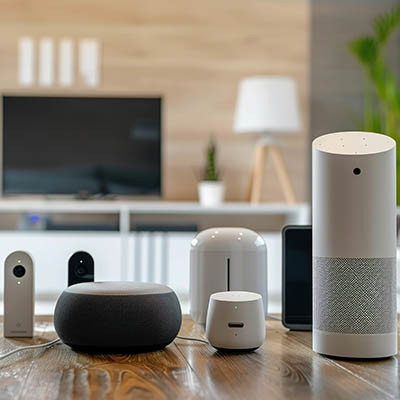While you want to believe the best of your business, including your IT staff, it’s important to recognize when they’ve reached their limit regarding knowledge and workload. To combat these limitations, you can work with an outsourced IT provider. Combining the two can help you meet your business’ technology needs.
Kornerstone Technology Blog
Businesses rely on a ton of technology for their operations and, as such, rely on support to help keep these tools working effectively. We would know! We proudly provide our neighbors with the technical assistance they need to succeed. As we’ve done so, we’ve noticed that there are some support needs we frequently attend to.
Let’s review some of them and why they are so vital for you to have assistance in managing, preferably, from us!
We all have old friends; not the ones that you went to high school with, but oldish technology that we simply can’t bring ourselves to upgrade away from. At some point, however, old technology stops being a trusty sidekick and starts feeling like an anchor. If your devices are making life harder instead of easier, it might be time to say goodbye. Here’s how to know when it's time to let go and upgrade.
Skype is dead; long live Microsoft Teams.
At least, that’s the position that Microsoft has taken. The software company is discontinuing the two-decade-old communication application Skype, shifting focus to the more recent Teams platform, with the app’s last day being scheduled for May 5.
Let’s review what this means and reflect on Skype's impact on modern technology.
Business is filled with situations that can easily be turned into problems if they are not met with a proper solution. In some cases, it’s as simple as changing a course of action, but some problems are deep-rooted and need to be addressed aggressively. Technology can often be a business’ saving grace in such instances.
Let’s review some really bad scenarios that could be catastrophic, unless the right IT is in place.
Much has been made about artificial intelligence and the quickening pace in which it is being used in all walks of life, but especially business. AI is shaping the world around us, many people don’t really understand how it works or how to use it effectively. That’s where AI literacy comes in. In today’s blog, we’ll define AI literacy and how it will affect your organization in the near future.
Accessibility is a huge talking point in the world of IT. With modern technology solutions, accessible options are much easier to use and more inclusive, allowing workers to get their work done despite the circumstances. Today, we want to look at what the Windows operating system offers in terms of accessibility features.
While most browsers offer a bookmark feature, allowing a user to save certain web pages for repeated viewing, Google Chrome adds to this with an added functionality: Google Saved.
Previously known as Google Collections, Google Saved gives users a convenient place to keep track of things they want to return to later… similar to a bookmark, but more so.
As an information technology provider, we are tasked with helping your business make the best decisions possible related to your IT infrastructure. In this role, we offer a gentle recommendation that you purchase hardware you expect to need over the next year as soon as possible. If you don’t, you might be left high and dry without any good options to choose from.
Do you have any technology-related projects that require hardware acquisition? It’s a great time to consider it now, especially considering the expected increase of computing hardware costs. Working with a project management team like Kornerstone Technology Inc. can take out some of the risk, responsibility, and financial burden you might have for any new hardware acquisition during the project management cycle.
Smart products are everywhere nowadays, ranging from video doorbells and assistants to more niche appliances… including breast pumps and floss dispensers. However, despite all of these devices being very different, most have one thing in common.
It just so happens that the U.S. Federal Trade Commission is concerned about this commonality, as it’s the fact that many don’t publicize when updates are available—or even provide them at all.
Technology brings a fair amount of automation to any organization that chooses to use it. One of the most popular ways that automation is used is by sending emails. Automated emails can be used in support of nearly any action your business takes, but there are questions whether some of them actually offer the value you think. Today, we discuss some of the pros and cons of automated emails.
With technology being such a crucial element of many businesses and their operations, it only stands to reason that it ultimately pays to invest in and maintain it. That said, many businesses lack the resources in one way or another to properly manage their IT independently.
In these cases, it pays to outsource some or all of your IT support, and for various reasons. Let’s go over three of the major benefits to be had.
Your business’ productivity software is one of the more important decisions you’ll make, and while there are many options, they won’t all be the best solution. Small business owners have to carefully consider price, scope, and integration, among other factors. Today, we’re looking at six aspects of productivity software your business should think about before committing to a solution.
Picture this: you or a team member encounters a technology issue in the middle of the workday. Simple, you might think… just call your in-house IT department. However, the members of your IT team are visibly overworked, scurrying around the office, trying to get some of the tasks off their to-do lists. They’re visibly running out of time, patience, or, most likely, both. It isn’t a good time to bother someone for help; that’s obvious, but what option is there?























